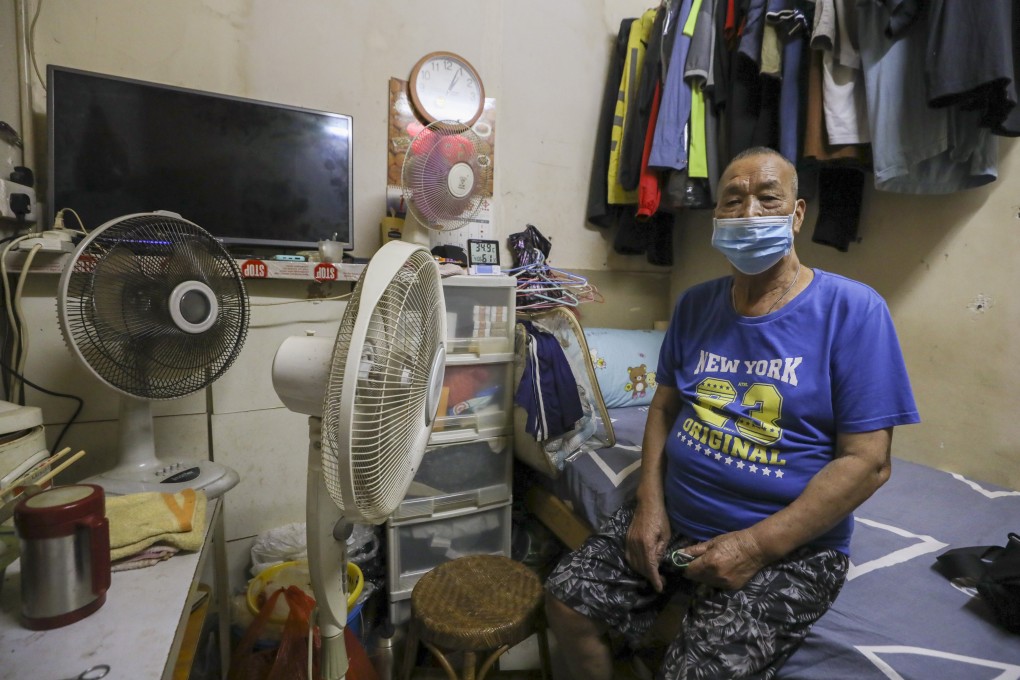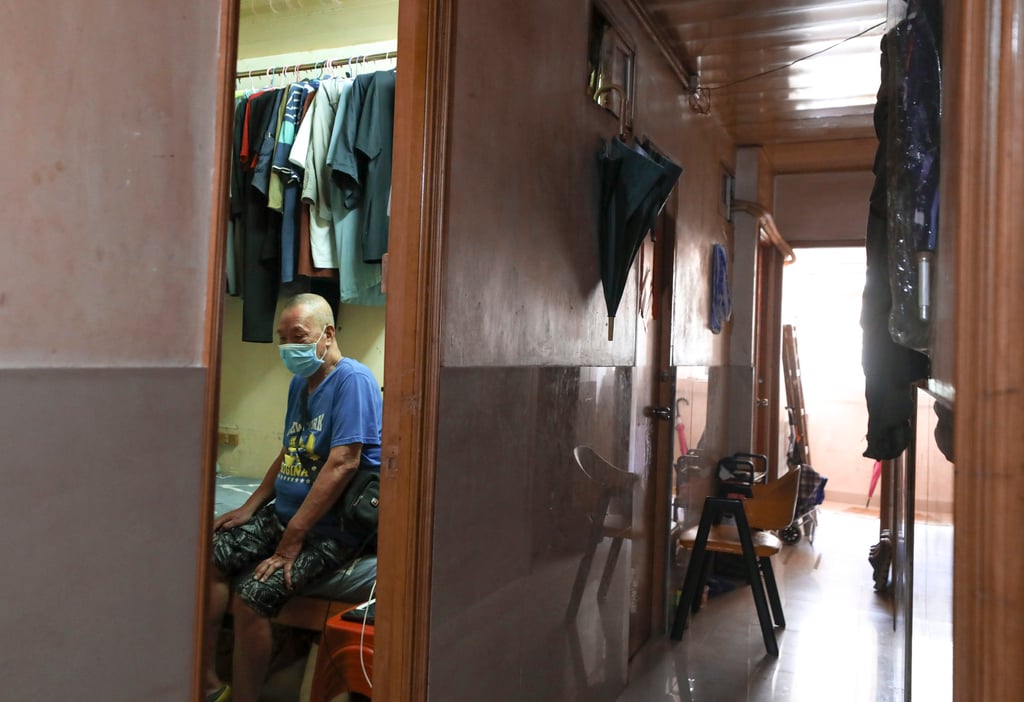Editorial | Tenants of subdivided flats are let down by failure to enforce law
- Legal protections have been put in place for the tens of thousands of households forced to live in such shameful accommodation; the least the authorities can do is act on the complaints received

Not every law is meant to be proactively enforced, especially when it already has good compliance or has become obsolete. But in the case of the new ordinance seeking to regulate Hong Kong’s notorious partitioned living units, it is neither.
Following its passage in January, hopes were high that it could rein in some of the abuses tenants face. Regrettably, the situation has not improved.
According to a recent survey by the Society for Community Organisation, most respondents living in subdivided flats or rooftop huts said they were no better protected than before. Utility charges for 73 per cent of the tenants remained the same, while 6.2 per cent and 2.7 per cent said they now paid more for electricity and water, respectively.
Enacted in the wake of strong political pressure for better regulation, the Landlord and Tenant (Consolidation) (Amendment) Ordinance 2021 stipulates that electricity and water charges for all tenants in a subdivided unit must not exceed the total amount stated in the bills for the whole flat. Violators face a maximum fine of HK$10,000. It also caps rent increases at no more than 10 per cent per two-year lease period.

But there have been concerns that the law does not go far enough in curbing arbitrary rent increases and overcharging of utility bills.
